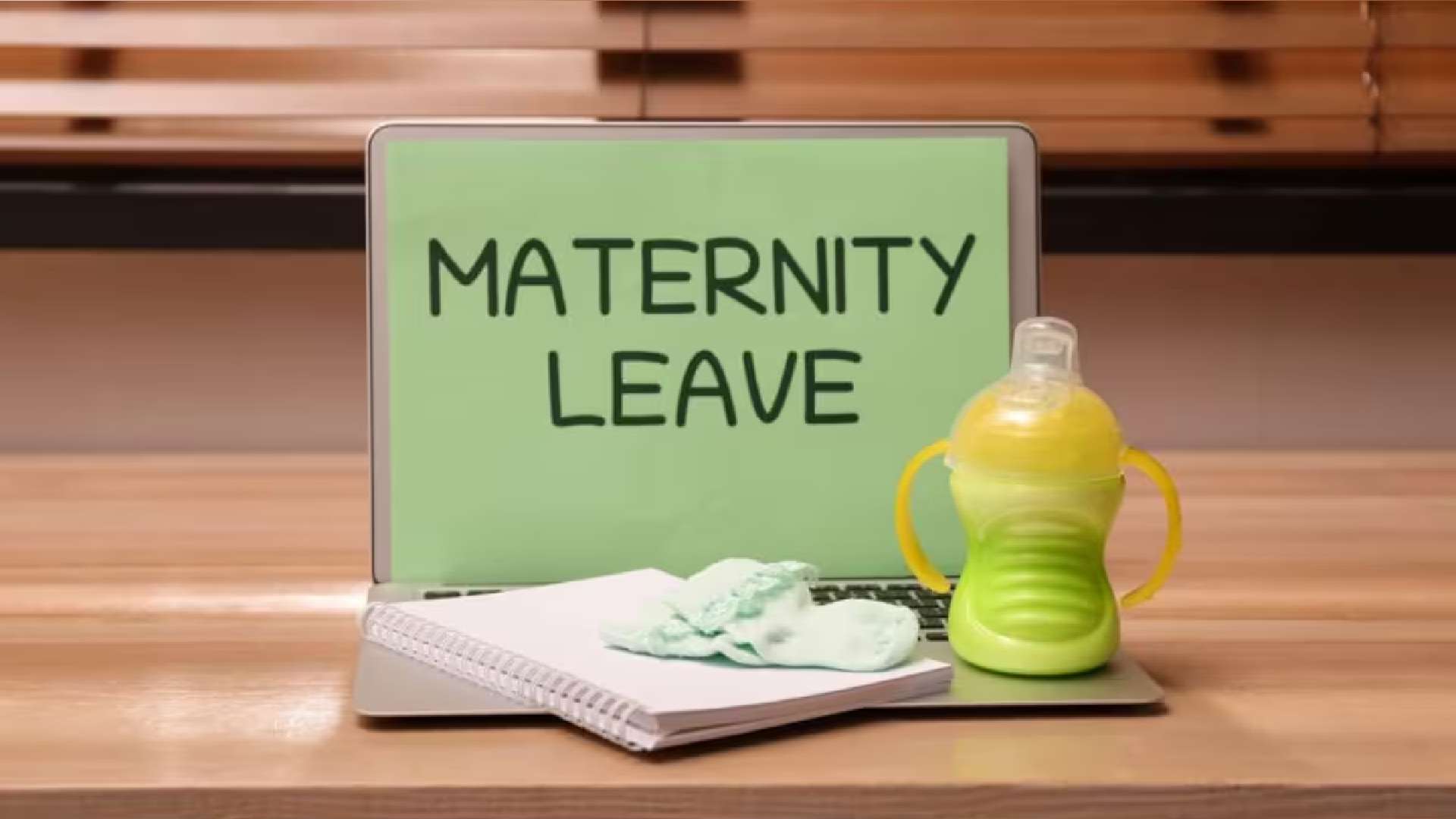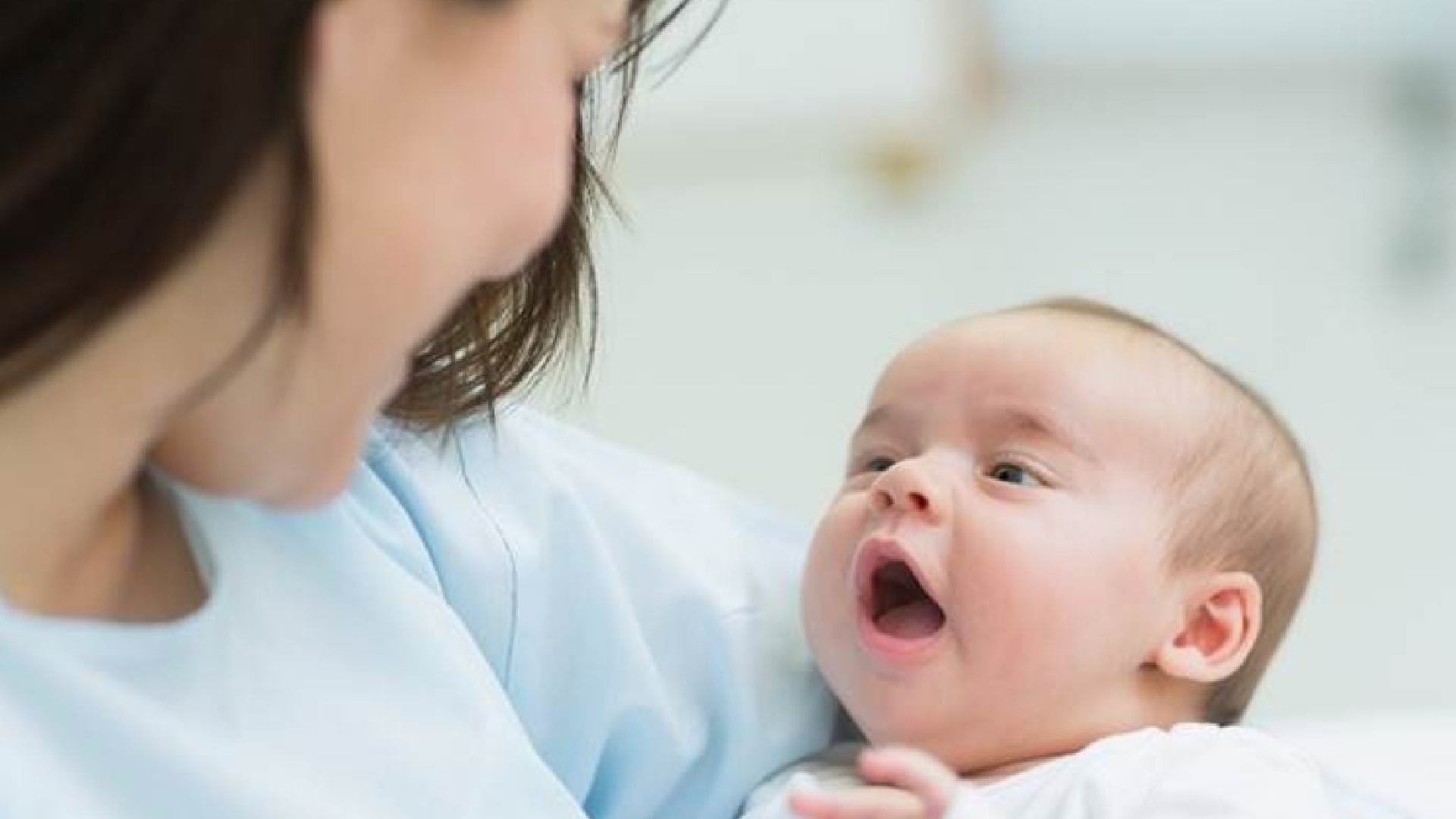Parenthood is a transformative experience, and understanding the provisions for maternity leave is crucial for expectant mothers in the UAE. Employment rights encompass maternity leave in UAE, a crucial provision designed to offer essential support and time off to women during the critical phase of pregnancy and childbirth. In the UAE, the statutory benefit of maternity leave aims to safeguard the well-being of working mothers.
In this article, we will delve into the intricate details of maternity leave in UAE, shedding light on the duration, eligibility criteria, and the overarching significance of this fundamental right for expectant mothers in the workforce. As we explore the maternity leave landscape in the UAE, we unravel the legal framework that governs this essential provision, ensuring that women can navigate their professional and personal responsibilities during the pivotal moments of motherhood. Join us on this insightful journey, where we unravel the nuances of maternity leave, providing a comprehensive understanding of the support structures in place for expectant mothers in the workplace.
How much is the maternity pay?

The Maternity Law in the UAE is a beacon of support for female employees. It outlines specific provisions regarding maternity leave and associated benefits in the private sector. The legislation entitles female employees to a total of 45 days of fully paid maternity leave in UAE. This is designed to provide ample time for expectant mothers to prioritize their health and the well-being of their newborns during the crucial postpartum phase.
Additionally, the Maternity Law stipulates an allocation of 15 days of half-paid UAE maternity leave. This further extends the support system, allowing female employees to strike a balance between their professional responsibilities and the demands of early motherhood.
In situations involving complications or difficult childbirth, the law goes above and beyond by providing an extra 15 days of fully paid leave. This provision reflects a compassionate approach. It acknowledges the unique challenges that some mothers may face and ensuring they have the necessary time to recover and care for their newborns.
The Maternity Law’s emphasis on both fully paid and half-paid leave is a testament to the UAE’s commitment to fostering a work environment that values the health and well-being of its female workforce. This comprehensive maternity leave policy acknowledges the diverse needs of expectant mothers, recognizing that each pregnancy journey is unique.
How long it takes maternity leave?
Maternity leave in UAE is a vital aspect of workplace support for expectant mothers in the private sector. You may wonder, how many days maternity leave in UAE for private sector? The Maternity Law entitles female employees to a comprehensive maternity leave in UAE duration designed to address the diverse needs of new mothers during this significant life transition.
Moreover, how long is maternity leave in UAE? The Maternity Law sets the standard maternity leave period at 45 days of fully paid leave. It helps ensuring that expectant mothers have sufficient time to focus on their well-being and that of their newborns. This extended period recognizes the physical and emotional demands of the postpartum phase. It also allows mothers to recover from childbirth and establish a strong bond with their infants.
Additionally, how many days maternity leave in UAE? The Maternity Law allocates 15 days of half-paid maternity leave. It helps offering a flexible transition back to work while still providing financial support. This provision acknowledges the importance of striking a balance between professional responsibilities and the demands of early motherhood.
In situations involving complications or challenging childbirth, the law further extends its support by granting an extra 15 days of fully paid maternity leave. This compassionate provision recognizes the unique challenges some mothers may face. It also ensures they have the necessary time to recover, both physically and emotionally.
Collectively, these provisions present a holistic approach to maternity leave in the UAE’s private sector. They take into account the diverse experiences of expectant mothers, acknowledging that each pregnancy journey is unique and may require different levels of support. By offering a combination of fully paid and half-paid leave, the maternity leave in UAE policy underscores the commitment to the well-being of its female workforce.
Who can ask for maternity leave?

Maternity leave in UAE is a crucial employment benefit. It was designed to support female employees during the significant life event of pregnancy and childbirth. Understanding who is eligible for maternity leave in UAE ensures that women can confidently avail themselves of this essential provision. Here is a comprehensive breakdown of eligibility criteria:
- Female Employees: Maternity leave in UAE is primarily designated for female employees. It recognizes the unique physical and emotional needs of women during pregnancy and postpartum.
- Marital Status: Eligibility is not contingent on marital status; both married and unmarried female employees are entitled to maternity leave. The focus is on supporting women in the workforce, irrespective of their family structure.
- Length of Service: While some jurisdictions may specify a minimum length of service to qualify for certain benefits, UAE’s maternity leave is generally accessible to female employees regardless of their tenure with the employer. This ensures inclusivity for women at various stages of their careers.
- Full-Time Employment: Maternity leave is typically available to those in full-time employment. Whether working in the public or private sector, full-time female employees can avail themselves of this benefit.
- Probationary Period: In certain cases, female employees on probation may also be eligible for maternity leave. The law acknowledges that life events such as pregnancy should not unduly impact the employment rights of women. It applies even during the initial stages of employment.
- Multiple Pregnancies: The Labour Law covers multiple pregnancies. Because of this, female employees expecting twins, triplets, or more are entitled to the same maternity leave in UAE benefits. This reflects an understanding of the additional demands and considerations associated with multiple births.
When does the maternity leave start to count?
The calculation of maternity leave in UAE is a crucial aspect that directly impacts the experience of expectant mothers. Understanding when the maternity leave starts to count and how many months maternity leave in UAE is pivotal for women to plan and access this essential benefit effectively.
Maternity leave in UAE is typically granted to female employees for a duration of 45 days of fully paid leave. Moreover, they have an additional 15 days of half-paid leave, as per the Maternity Law. Importantly, this leave is inclusive of the prenatal and postnatal periods, offering a comprehensive support system for expectant mothers.
- Prenatal Period: Maternity leave in UAE encompasses the prenatal period, starting before the actual childbirth. This ensures that expectant mothers have the necessary time to attend prenatal appointments, address health concerns, and prepare for the impending arrival of their child.
- Actual Childbirth: The actual childbirth is a significant component of the maternity leave period. Female employees can initiate their maternity leave around the time of childbirth. It allows them to focus on the delivery process and the immediate postpartum period.
- Postnatal Period: Postnatally, maternity leave continues to provide essential support to new mothers. This phase is critical for recovery, bonding with the newborn, and adjusting to the demands of early motherhood.
The comprehensive nature of maternity leave in the UAE encapsulates both the prenatal and postnatal phases. This helps acknowledging the holistic needs of expectant and new mothers. It is crucial to note that the exact timing may vary based on individual circumstances and the employer’s discretion.
Get to know the provisions for maternity leave in UAE
Understanding the provisions for maternity leave in UAE is essential for expectant mothers navigating the dynamic landscape of the workforce. The Maternity Law establishes comprehensive guidelines to ensure the well-being of female employees during the period of pregnancy and childbirth.
The UAE grants female employees a total of 45 days of fully paid maternity leave. This demonstrates a commitment to supporting women in the workforce during this significant life event. Additionally, there is a provision for 15 days of half-paid maternity leave, offering flexibility as mothers transition back to work.
One notable aspect is the inclusivity of maternity leave, covering both the prenatal and postnatal periods. This means that expectant mothers can commence their leave before childbirth, allowing time for prenatal care and preparation. The support continues postnatally, recognizing the importance of recovery and bonding with the newborn.
In cases of complications or challenging childbirth, an additional 15 days of fully paid leave is granted. It demonstrates a compassionate approach to the diverse experiences of expectant mothers. Employers and female employees can collaborate to determine the most suitable timing for the initiation of maternity leave in UAE based on individual circumstances.
Learn about the benefits of giving birth in UAE
Discovering the benefits of giving birth in the UAE extends beyond the joyous arrival of a new family member. The country’s supportive policies, especially concerning maternity leave, contribute to a positive and nurturing environment for expectant mothers. Here are key advantages:
- Generous Maternity Leave: Female employees in the UAE are entitled to a substantial 45 days of fully paid maternity leave. It helps showcasing the commitment to the well-being of working mothers.
- Flexible Work-Life Balance: The inclusivity of maternity leave provisions allows expectant mothers to plan and transition seamlessly between work and family life.
- Comprehensive Support: Maternity leave in UAE covers both the prenatal and postnatal periods, offering holistic support to mothers during the various stages of childbirth. This ensures that expectant mothers can prioritize their health and the well-being of their newborns.
- Financial Stability: The fully paid maternity leave provides financial stability during a period that may involve additional expenses related to healthcare, childcare, and adapting to the needs of a growing family.
- Healthcare Facilities: The UAE boasts world-class healthcare facilities, providing expectant mothers with access to quality medical services and ensuring a safe and comfortable childbirth experience.
Did you know the UAE has provisions for paternity leave?
Surprisingly, the UAE extends its progressive approach beyond maternity leave by also recognizing the importance of paternity leave. While the primary focus has traditionally been on supporting mothers during the childbirth process, the acknowledgment of fathers’ roles is gaining prominence. Here are key aspects you might not be aware of:
- Paternity Leave Provisions: The UAE has introduced provisions for paternity leave, allowing fathers dedicated time off to actively participate in the early stages of their child’s life.
- Duration of Paternity Leave: Fathers can typically avail themselves of up to five days of paternity leave. This period is designed to facilitate their presence and support during the initial moments of their child’s life.
- Supporting Work-Life Balance: Paternity leave aligns with the broader objective of fostering work-life balance. It recognizes the importance of fathers’ involvement in caregiving responsibilities and bonding with their newborns.
- Inclusive Family Policies: The inclusion of paternity leave underscores the UAE’s commitment to inclusive family policies. It reflects a societal shift towards recognizing and valuing the shared responsibilities of both parents in the upbringing of their children.
- Enhancing Parental Support: Paternity leave complements maternity leave, creating a more supportive ecosystem for families. This joint effort by parents contributes to a healthier and more balanced start for the newborn.
Conclusion
In conclusion, maternity leave in UAE emerges as a vital pillar of support for expectant mothers. It encompasses a range of benefits that prioritize their well-being during the transformative journey of pregnancy and childbirth. The robust provisions, including 45 days of fully paid leave, 15 days of half-paid leave, and additional support for complications, underscore the nation’s commitment to creating a family-friendly and inclusive work environment.
This comprehensive approach acknowledges the diverse needs of female employees and fosters a healthy work-life balance. As the UAE continues to embrace progressive family policies, the significance of maternity leave becomes increasingly evident. It contributes not only to the individual well-being of working mothers but also to the overall fabric of a society that values and supports the evolving dynamics of family life.

If you are interested in learning more about this and other topics, check our insights. In addition, to hire our services, reach out by visiting our contact section.



